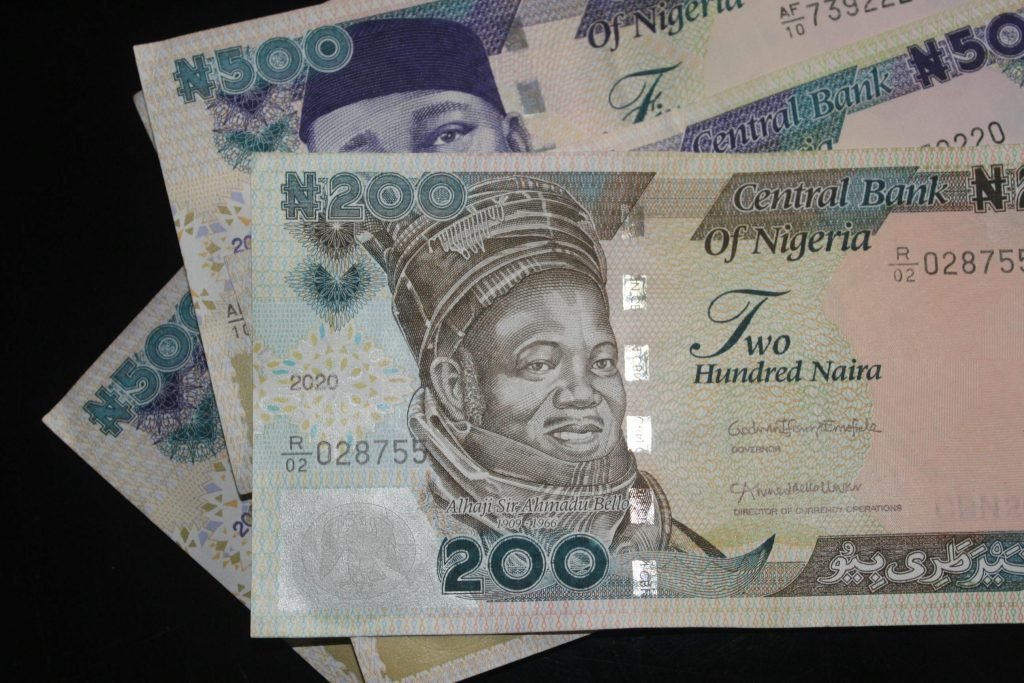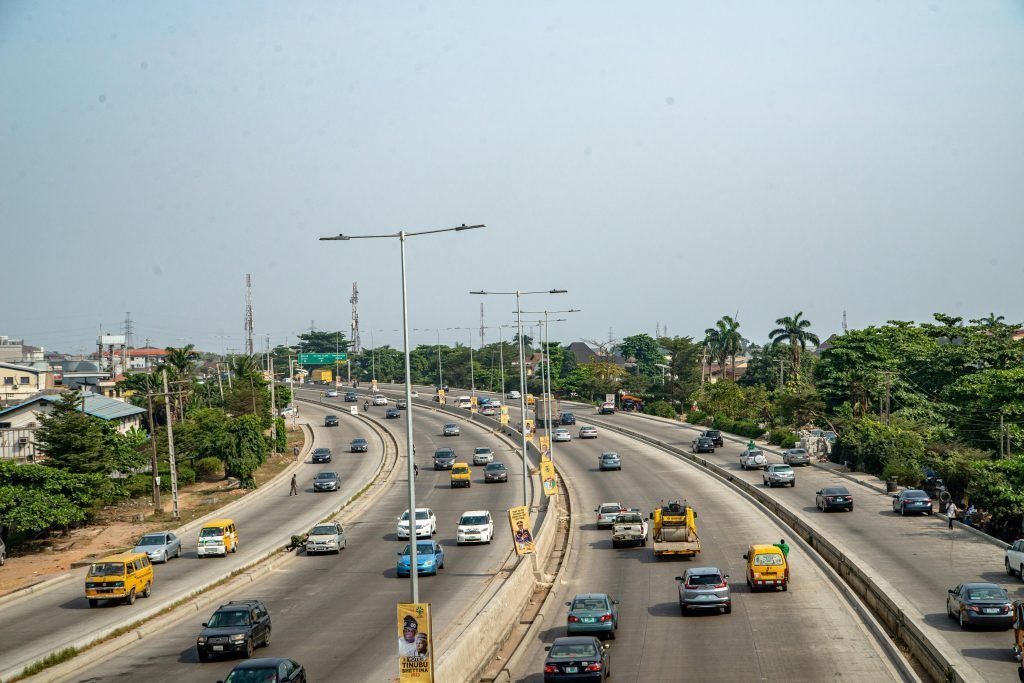Trading in Nigeria has always been an essential part of social and economic life. From the early barter system practised by local communities to today’s digital exchanges, commerce has shaped the country’s development in remarkable ways. Understanding this evolution offers insights into Nigeria’s resilience, adaptability, and economic potential.

Traditional Trading Systems
Before the arrival of colonial powers, Nigerians engaged in barter, exchanging goods such as yams, palm oil, livestock, and textiles. Markets were not just places for commerce but also centers of social interaction and cultural exchange. Weekly markets such as those in Kano, Onitsha, and Ibadan became renowned for their scale and vibrancy. Each ethnic group contributed unique goods: the Hausa brought leather and grains, the Igbo offered palm produce, while the Yoruba traded in kola nuts and textiles.
The Colonial Impact
Colonialism transformed Nigeria’s trading landscape. The British introduced cash crops like cocoa, groundnuts, and palm oil into global markets. The use of currency—first cowries, then coins and notes—replaced barter, allowing for broader exchanges. Port cities such as Lagos, Calabar, and Port Harcourt became gateways to international trade, while railways and roads connected hinterlands to export routes.
Modern Trading and Exchange
Post-independence Nigeria inherited a mixed trading economy. Oil quickly became the dominant export, overshadowing agriculture. Yet, domestic markets remained vital, particularly open-air markets that still thrive today. Lagos’ Balogun Market and Kano’s Kurmi Market illustrate how traditional commerce coexists with modern business.
In the 21st century, technology is reshaping trading. E-commerce platforms such as Jumia and Konga bring Nigerian products to wider audiences. Fintech innovations, mobile banking, and cryptocurrency trading are expanding financial inclusion. Nigeria now ranks among Africa’s leaders in digital transactions.
Challenges and Opportunities
Despite progress, Nigerian trade faces challenges: poor infrastructure, inflation, currency instability, and regulatory uncertainties. However, opportunities abound in the African Continental Free Trade Area (AfCFTA), which could open regional markets and stimulate exports beyond oil.
Trading in Nigeria thus reflects a dynamic story: rooted in tradition, disrupted by history, and now driven by technology and innovation. Its future lies in balancing heritage with modernization.

